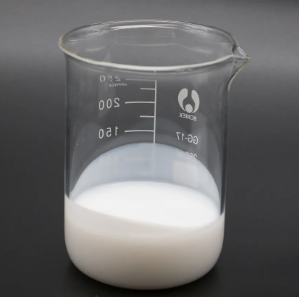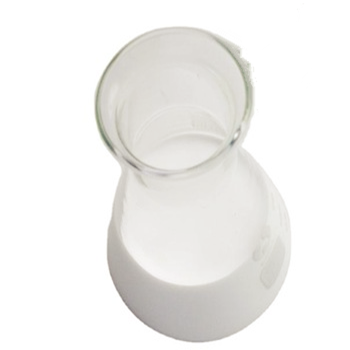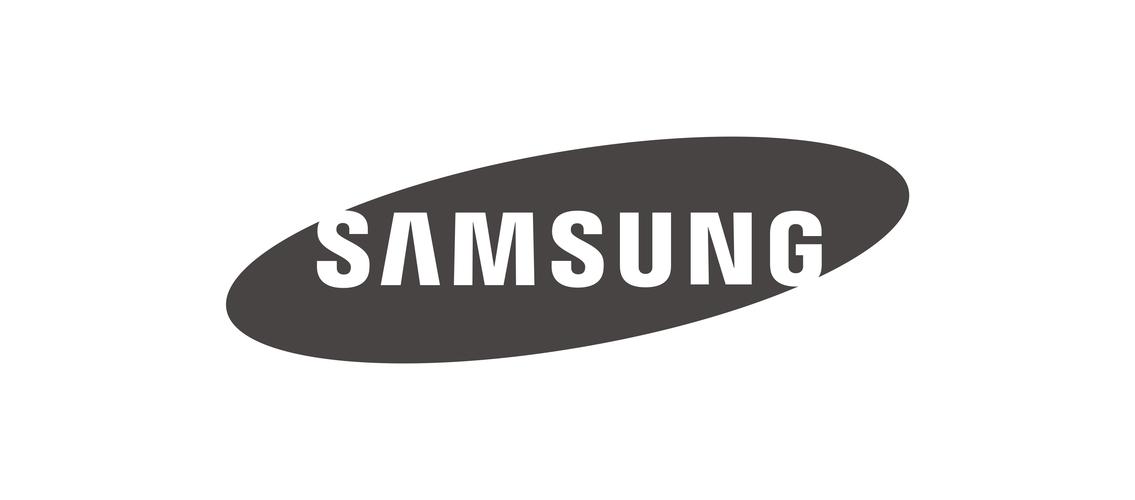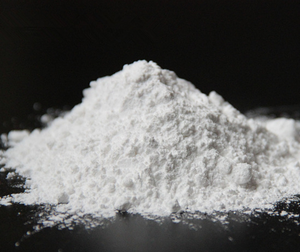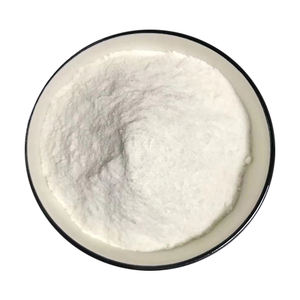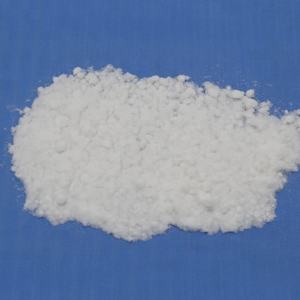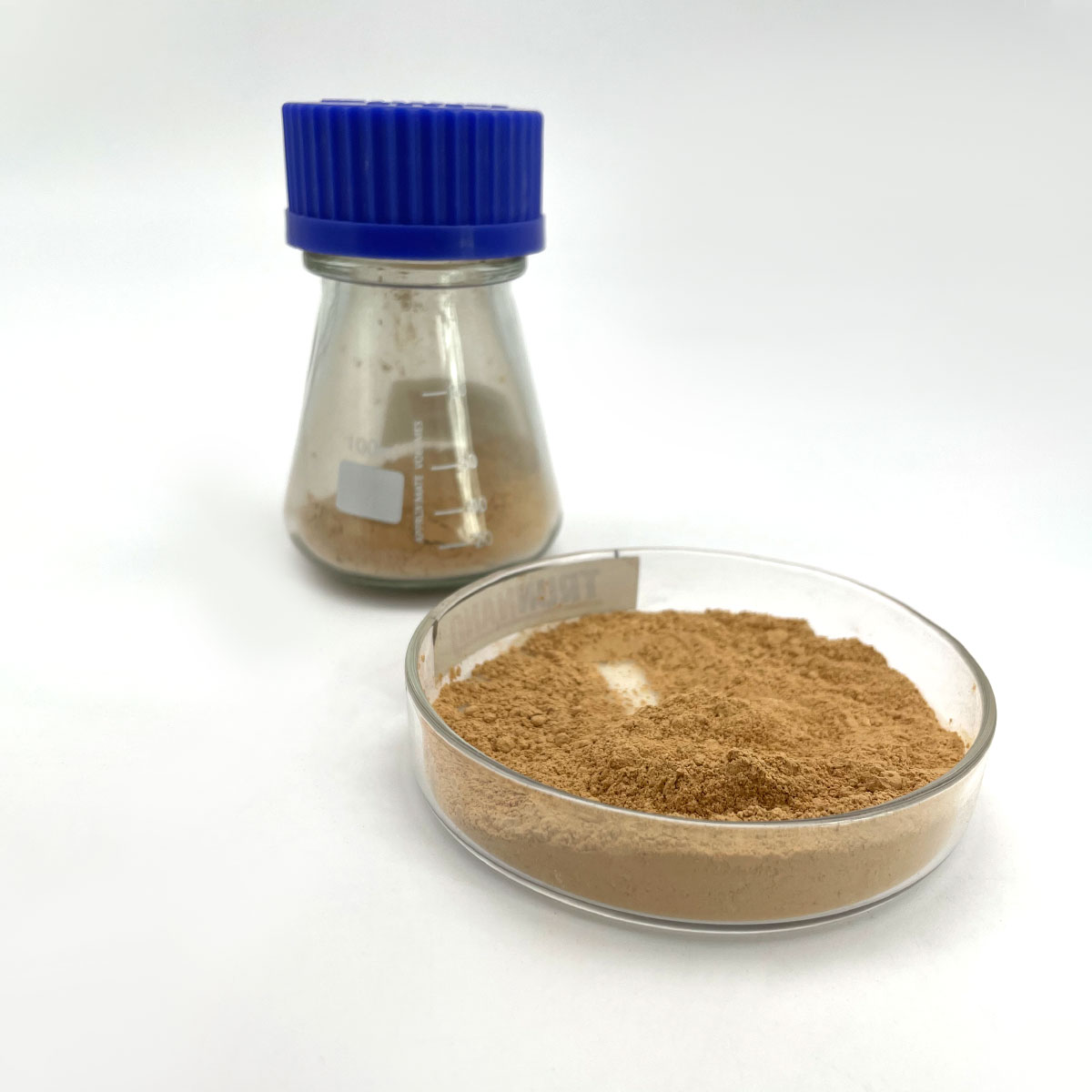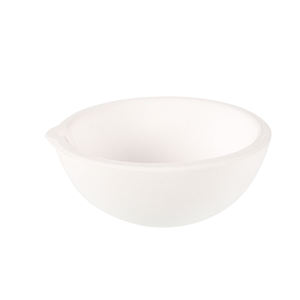Introduction to Water-Based Zinc Stearate: Linking Performance and Sustainability in Modern Production
Water-based zinc stearate is an environmentally friendly option to solvent-based lubes and launch representatives, providing exceptional performance with very little ecological influence. As industries change toward greener production methods, this liquid diffusion of zinc stearate has actually gained importance throughout sectors such as rubber processing, metal creating, concrete casting, and polymer manufacturing. Its capacity to supply efficient lubrication, prevent bond, and minimize surface area issues makes it a functional device in contemporary commercial applications. With growing regulative stress on volatile organic substance (VOC) emissions, water-based zinc stearate stands out as a tidy, efficient, and scalable service.
(TRUNNANO Water Based Zinc Stearate)
Chemical Composition and Useful System
Zinc stearate is a metal soap developed by the response of stearic acid with zinc oxide or zinc salts. In its water-based formula, it is usually dispersed utilizing surfactants or emulsifiers to ensure security and consistent application. When put on surface areas, the zinc stearate fragments create a thin, hydrophobic film that decreases rubbing and protects against direct get in touch with between materials. This device is crucial in mold and mildew release procedures, where it facilitates easy demolding without harming the end product’s surface stability. In addition, its high melting factor (~ 120– 130 ° C) permits it to carry out successfully under moderate thermal conditions, maintaining capability throughout high-temperature processes.
Applications in Rubber and Polymer Processing
In rubber production, water-based zinc stearate serves dual purposes– as a mold launch agent and as an inner lubricating substance. It stops sticking in between uncured rubber substances and mold surfaces, ensuring regular part top quality and decreasing post-processing initiatives. In thermoplastics and elastomers, it enhances flow properties throughout extrusion and shot molding, minimizing die accumulation and enhancing surface area coating. Its compatibility with different polymers, including polyolefins, PVC, and engineering resins, additionally expands its utility. Additionally, its non-reactive nature guarantees it does not conflict with curing or vulcanization responses, maintaining material efficiency attributes.
Function in Steel Forming and Stamping Industries
The metalworking sector progressively relies upon water-based zinc stearate for chilly and warm developing procedures. Utilized as a lubricating substance in stamping, drawing, and forging, it develops a safety border layer that lowers tool wear and boosts part surface area quality. Contrasted to oil-based or wax coatings, it offers much better warm dissipation and cleaner operation, which is particularly helpful in automatic production lines. In addition, its ease of removal after handling– using basic water rinsing or mild detergents– lowers cleansing costs and avoids residue buildup on ended up elements. This makes it optimal for usage in automotive, aerospace, and precision element production.
Use in Concrete and Building Products
Within the construction industry, water-based zinc stearate is widely made use of as an interior release representative for precast concrete elements. Unlike typical oil-based products, it does not stain surfaces or disrupt secondary therapies like paint or coating. When mixed into concrete or put on formwork, it avoids bonding between the mold and the solidified concrete, allowing for simple demolding while preserving dimensional accuracy. Its low thickness allows even insurance coverage through spraying or cleaning, making it appropriate for both hands-on and mechanized operations. Furthermore, it adds to longer mold and mildew life by securing against chemical attack and abrasion from duplicated casting cycles.
Environmental and Security Advantages Over Conventional Alternatives
Among one of the most compelling advantages of water-based zinc stearate is its ecological account. Free from solvents, VOCs, and toxic additives, it aligns with international sustainability goals and occupational health and wellness requirements. Employees benefit from reduced direct exposure to combustible or hazardous materials, and manufacturers can satisfy rigorous air quality guidelines without added air flow systems. From a waste management point of view, water-based solutions are less complicated to manage and take care of safely, supporting circular economic situation methods. These attributes make it a favored choice for business intending to attain green qualifications such as ISO 14001 or LEED conformity.
Market Patterns and Technical Innovations
( TRUNNANO Water Based Zinc Stearate )
The marketplace for water-based zinc stearate is experiencing constant development, driven by boosting demand for green industrial services and more stringent environmental regulation. Makers are investing in sophisticated dispersion innovations to enhance security, extend service life, and improve efficiency under severe conditions. Technologies such as nano-dispersed zinc stearate and crossbreed formulas with silicone or PTFE are being checked out to supply remarkable lubricity and temperature level resistance. Furthermore, smart distribution systems– including atomized sprays and dosing devices integrated with IoT– are making it possible for specific application control, decreasing consumption and functional prices.
Obstacles and Ongoing Study Directions
In spite of its benefits, water-based zinc stearate faces specific constraints, consisting of sensitivity to water firmness, possible microbial destruction, and reduced load-bearing ability contrasted to artificial lubricants. To resolve these issues, continuous research concentrates on enhancing emulsion security, incorporating biocides for microbial resistance, and boosting practical efficiency through additive synergies. Compatibility with various substrates and procedure conditions additionally continues to be a vital area of growth. Efforts are underway to customize formulas for details applications, guaranteeing consistent performance throughout varied commercial settings.
Future Prospects: Combination with Smart Production and Green Chemistry
Looking in advance, water-based zinc stearate is poised to play a main function in the change towards smart and sustainable manufacturing. Its integration with Sector 4.0 modern technologies– such as real-time monitoring, anticipating upkeep, and automated dispensing– will make it possible for a lot more effective and adaptive production operations. Developments in bio-based surfactants and sustainable feedstocks will certainly even more enhance its ecological credentials, sustaining decarbonization strategies throughout supply chains. As industries continue to focus on source efficiency and environmental stewardship, water-based zinc stearate stands for a calculated innovation that stabilizes technological efficiency with environmental duty.
Vendor
TRUNNANO is a supplier of water based zinc stearate with over 12 years of experience in nano-building energy conservation and nanotechnology development. It accepts payment via Credit Card, T/T, West Union and Paypal. Trunnano will ship the goods to customers overseas through FedEx, DHL, by air, or by sea. If you want to know more about mg stearat, please feel free to contact us and send an inquiry(sales5@nanotrun.com).
Tags: water based zinc stearate, zinc stearate, zn stearate
All articles and pictures are from the Internet. If there are any copyright issues, please contact us in time to delete.
Inquiry us

